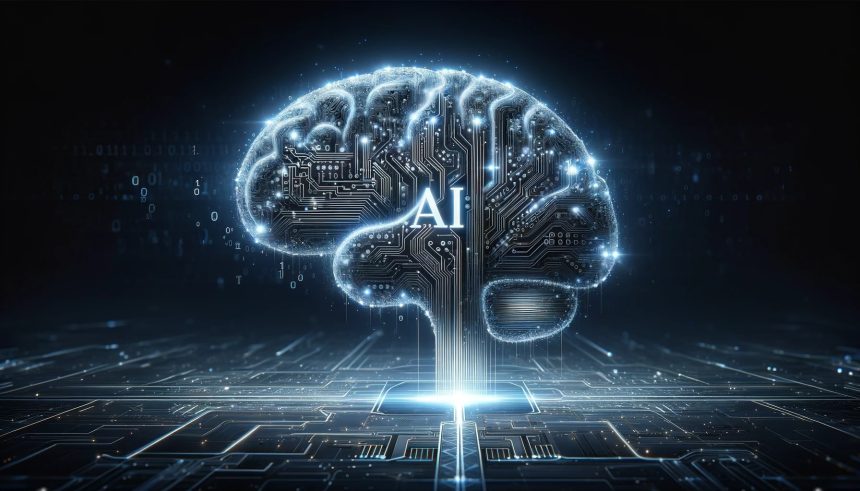OpenAI has committed substantial resources towards understanding the ethical dimensions of artificial intelligence. By supporting Duke University’s research team, the initiative aims to bridge technological advancements with human moral frameworks. This collaboration underscores the growing importance of integrating ethics into AI development.
Previous discussions on AI ethics have largely focused on regulation and policy implications. This new grant shifts the focus towards proactive research in moral judgment prediction. Such an approach highlights a forward-thinking strategy in the integration of ethics and AI technologies.
How Can AI Predict Human Moral Judgments?
MADLAB’s work examines how AI might predict or influence moral judgments. By developing algorithms that assess ethical dilemmas, AI could potentially navigate complex scenarios like autonomous vehicle decision-making or ethical business practices. The research aims to create tools that support ethical decision-making in various fields.
What is the Role of OpenAI in Developing Moral AI?
The grant from OpenAI supports the creation of algorithms that forecast human moral judgments across sectors such as healthcare, law, and business. While AI systems can identify patterns, they currently lack the capacity to fully comprehend the emotional and cultural subtleties inherent in human morality. This initiative seeks to enhance AI’s ability to handle ethical reasoning more effectively.
What Challenges Exist in Integrating Ethics into AI?
Incorporating ethics into AI is a complex task that requires input from multiple disciplines. Morality varies across different cultures and societies, making it difficult to standardize within algorithms. Additionally, without proper safeguards like transparency and accountability, there is a risk of AI systems perpetuating existing biases or leading to harmful outcomes.
OpenAI’s investment in Duke’s “Making Moral AI” project represents a significant step towards addressing the ethical implications of artificial intelligence. By focusing on predicting moral judgments, the research could pave the way for more responsible AI applications. It is essential for technologists and policymakers to collaborate to ensure that AI development aligns with societal values and ethical standards, fostering technology that benefits the public while minimizing potential harms.










